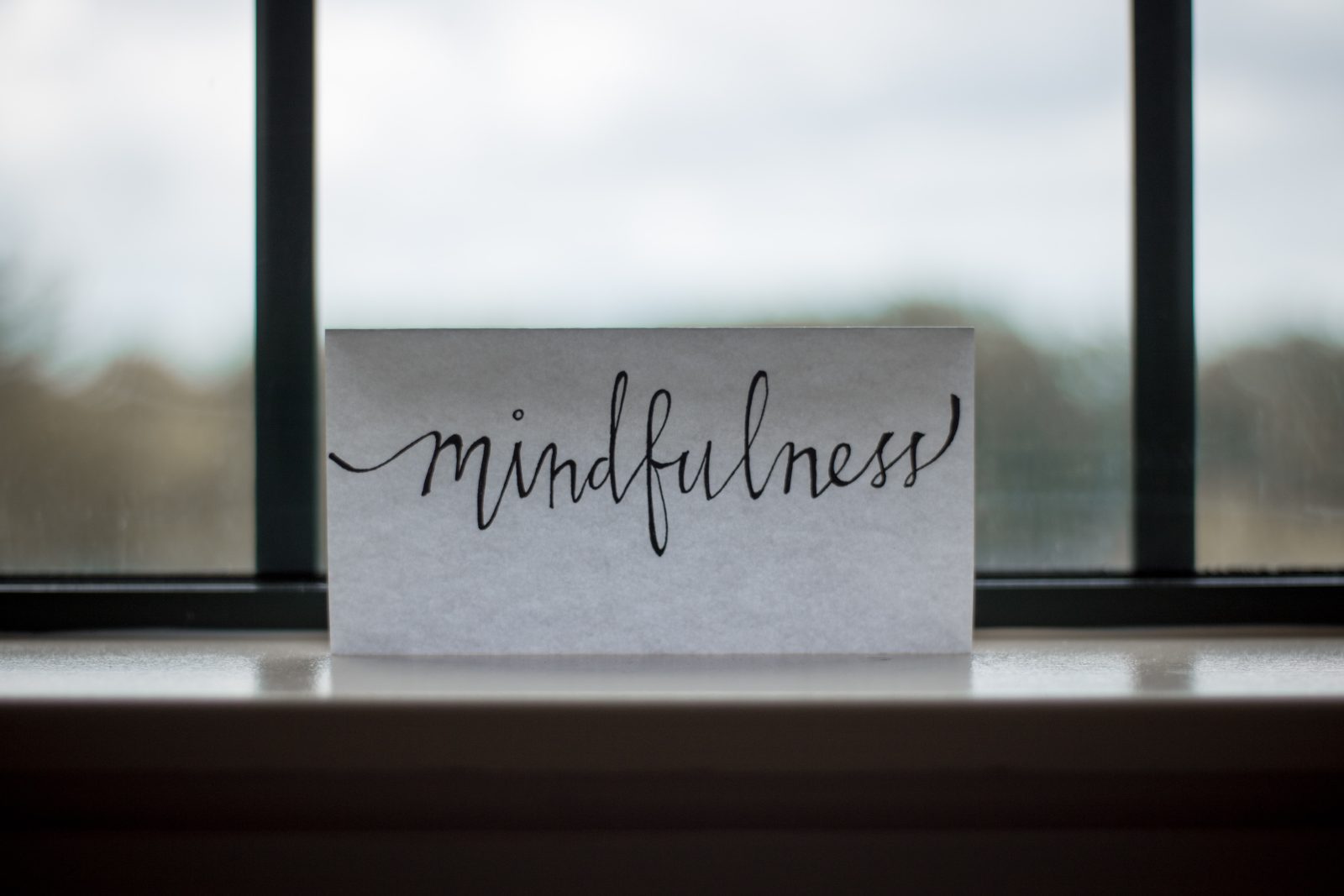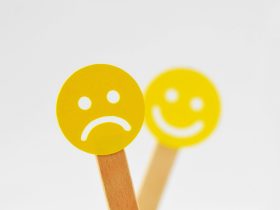Are you currently in need of a mental health day? Mayo Clinic defines it as a “brief break from your usual responsibilities, aimed at recharging and revitalizing your mental well-being.”
While it might seem like taking a single day to recharge and reset during times of mental and emotional exhaustion isn’t enough to return to work or your other responsibilities feeling completely rejuvenated, according to Dr. Leela Magavi, a psychiatrist at Mindpath Health in Newport Beach, California, it can be quite effective in preventing burnout if done proactively.
Mayo Clinic emphasizes that a mental health day doesn’t have to be a full day; even a few hours or half a day can make a difference. This approach can also benefit children and teenagers experiencing stress, as demonstrated by the 2021 legislation passed in Illinois, which allows students to take up to five mental health days off from school.
Dr. Magavi points out that regardless of your situation or profession, burnout is a widespread issue today, impacting sleep, energy levels, concentration, self-esteem, and the ability to enjoy activities with loved ones.
This underscores the significance of strategically taking mental health days before reaching the point of burnout. Here’s more guidance on when and how to do it.
Indicators That Signal the Need for a Mental Health Day
Ideally, we would all have ample time for consistent self-care practices to prevent reaching a point of overwhelming stress and exhaustion.
However, the reality is that our schedules can become overwhelming.
Research has shown that longer working hours are associated with increased anxiety and depressive symptoms, as well as poor sleep quality and overall diminished mental health.
To avoid reaching a state of complete burnout, it’s essential to recognize the warning signs of mental and emotional depletion or exhaustion, as explained by Hannah Paull, PsyD, a psychotherapist based in Atlanta. These warning signs include:
- Feeling physically drained (or noticing an increased susceptibility to colds).
- Experiencing daytime sleepiness, where you feel like you could nap at any moment, regardless of caffeine intake.
- Feeling resentful or highly irritable.
- Reacting negatively to minor changes or requests.
- Struggling with low self-confidence, self-efficacy, or self-esteem.
- Experiencing mental fog and difficulty concentrating.
- Becoming easily distracted and restless.
- Having trouble sleeping.
- Losing interest in activities you once enjoyed.
- Neglecting physical self-care, such as showering or brushing your teeth.
Dr. Magavi emphasizes, “When you begin to notice that your day-to-day functioning is being negatively impacted, it’s a clear sign that you should prioritize your emotional well-being.”
Rather than waiting until you’re completely burnt out, Dr. Paull suggests considering mental health days as soon as you recognize these red flags for emotional exhaustion.
Planning for a Mental Health Day (Including How to Discuss It With Your Supervisor)
Proactively preparing for mental health days is essential, even when you currently feel engaged and enthusiastic. Dr. Magavi emphasizes the importance of addressing potential burnout through practical strategies, including:
- Assessing your recharge frequency: Determine how often you may require a mental health day. This could be once a month for some individuals or two to three days depending on your specific circumstances.
- Identifying opportune days in advance: Review your calendar and pinpoint days when you have no meetings or appointments, or when a significant project concludes. For students, this could align with post-exam periods, like midterms.
- Schedule multiple mental health days: Plan several days in advance to create a sense of upcoming breaks. Knowing that you have these days scheduled can provide a mental boost.
- Communicate with your employer: Discuss the topic with your supervisor and consider involving HR to understand your company’s policies regarding mental health days within your paid time off (PTO) framework.
- When addressing your boss, Dr. Magavi suggests incorporating the conversation into a broader discussion about schedules. This approach can alleviate any potential awkwardness and normalize the request. While you don’t need to disclose the specific reasons behind your need for a mental health day, it is helpful to express your belief in its necessity, similar to mentioning a doctor’s appointment without divulging the details.
3 Tips for Maximizing the Benefits of Mental Health Days
While it may be tempting to treat your mental health day as an opportunity to catch up on errands or simply have a day with no plans, this might not leave you feeling truly refreshed. Here are some strategies to ensure you make the most of your mental health day:
Set Clear Intentions for Your Day
To fully reap the benefits of a mental health day and emerge feeling refreshed, it’s crucial to be intentional about how you spend your time. Dr. Paull emphasizes the importance of actively choosing activities that align with your stress-relief needs. Engage in activities that you know help alleviate stress, such as reading for pleasure, gardening, hiking in nature, exploring a museum, or journaling. The key is to stay engaged in activities that invigorate you rather than zoning out, as true restfulness and rejuvenation come from active engagement.
Avoid Excess Caffeine, Alcohol, or Overeating
Mayo Clinic suggests avoiding excessive consumption of caffeine, alcohol, or overeating on your mental health day. These behaviors can exacerbate stress rather than alleviate it. Opt for a balanced and nourishing approach to food and drink to promote a sense of calm and well-being.
Engage in Activities That Energize You
Choose activities that resonate with your interests and passions, leaving you feeling energized and uplifted. The goal is to find enjoyment and fulfillment in your chosen activities, which can contribute significantly to reducing stress and boosting your overall mental well-being.















Find Us on Socials